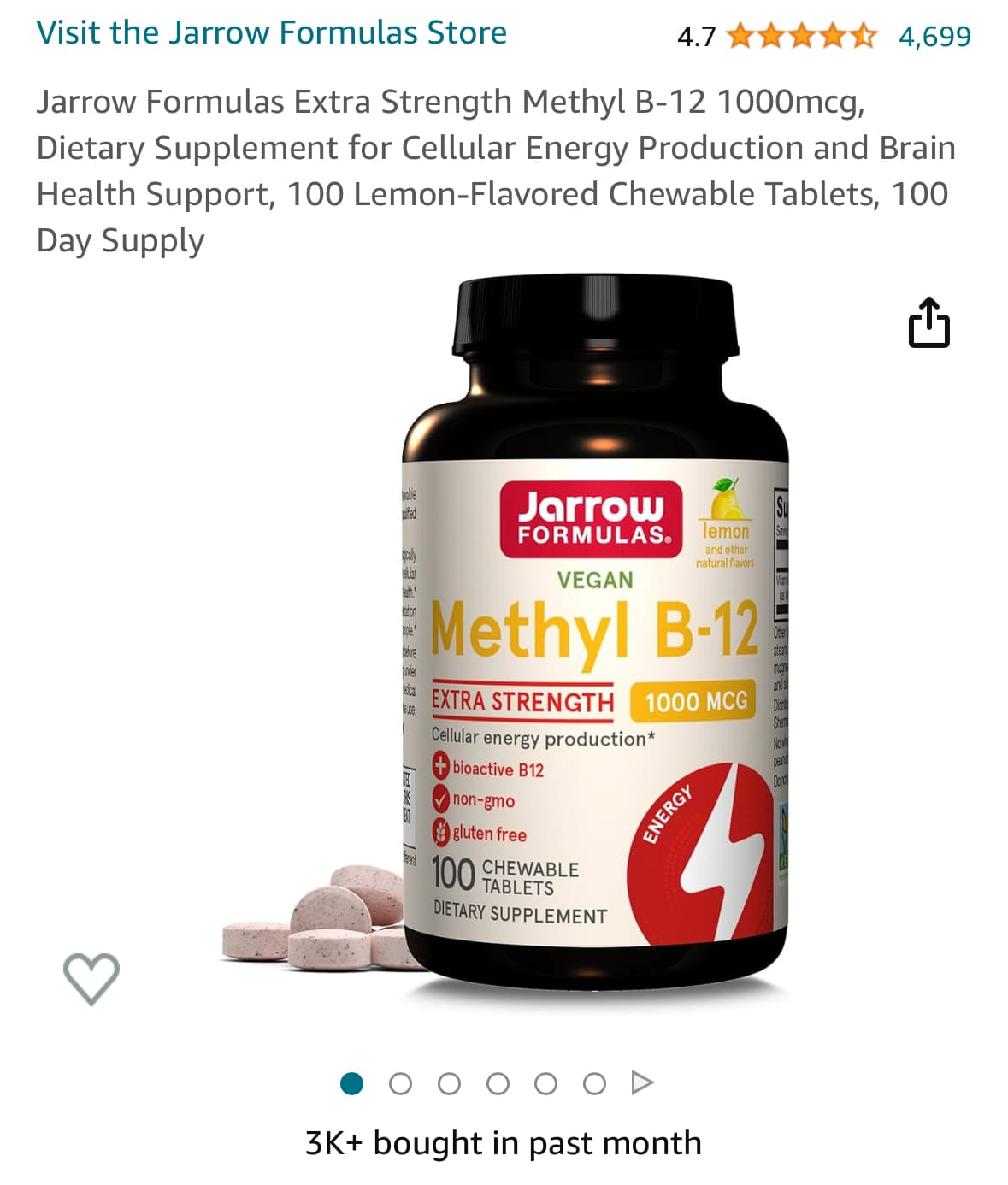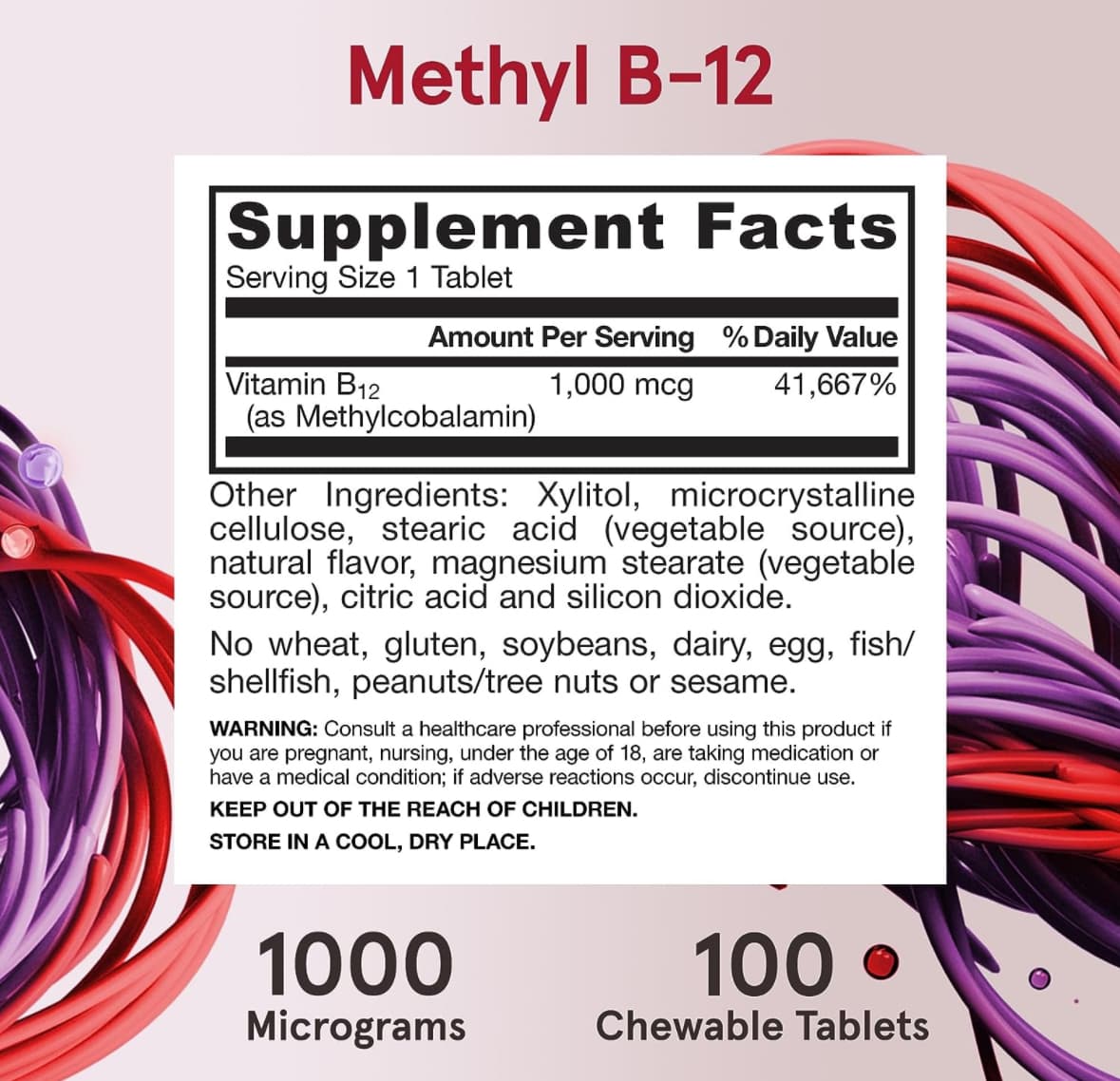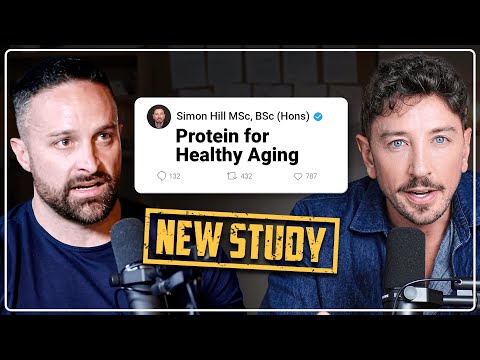Hyperhomocysteinaemia is an independent risk factor for CVD. Recent data show a relationship between homocysteine (Hcy) and free radical formation. Since creatine synthesis is responsible for most of the methyl group transfers that result in Hcy formation, creatine supplementation might inhibit Hcy production and reduce free radical formation. The present study investigated the effects of creatine supplementation on Hcy levels and lipid peroxidation biomarkers. Thirty rats were divided into three groups: control group; diet with creatine group (DCr; 2 % creatine in the diet for 28 d); creatine overload plus diet with creatine group (CrO + D; 5 g creatine/kg by oral administration for 5 d+2 % in the diet for 23 d). Plasma Hcy was significantly lower (P < 0.05) in DCr (7.5 (sd 1.2) micromol/l) and CrO + D (7.2 (sd 1.7) micromol/l) groups compared with the control group (12.4 (sd 2.2) micromol/l). Both plasma thiobarbituric acid-reactive species (TBARS) (control, 10 (sd 3.4); DCr, 4.9 (sd 0.7); CrO + D, 2.4 (sd 1) micromol/l) and plasma total glutathione (control, 4.3 (sd 1.9); DCr, 2.5 (sd 0.8); CrO + D, 1.8 (sd 0.5) micromol/l) were lower in the groups that received creatine (P < 0.05). In addition, Hcy showed significant negative correlation (P < 0.05) with plasma creatine (r - 0.61) and positive correlation with plasma TBARS (r 0.74). Plasma creatine was negatively correlated with plasma TBARS (r - 0.75) and total peroxide (r - 0.40). We conclude that creatine supplementation reduces plasma Hcy levels and lipid peroxidation biomarkers, suggesting a protective role against oxidative damage. Modulating Hcy formation may, however, influence glutathione synthesis and thereby affect the redox state of the cells.
Effects of creatine supplementation on homocysteine levels and lipid peroxidation in rats - PubMed.



![Eat these foods to reduce harm from Advanced Glycation End Products [AGEs]](https://www.rapamycin.news/uploads/default/original/3X/7/b/7b390ec151fae52210b1363456f772fb614aa986.jpeg)